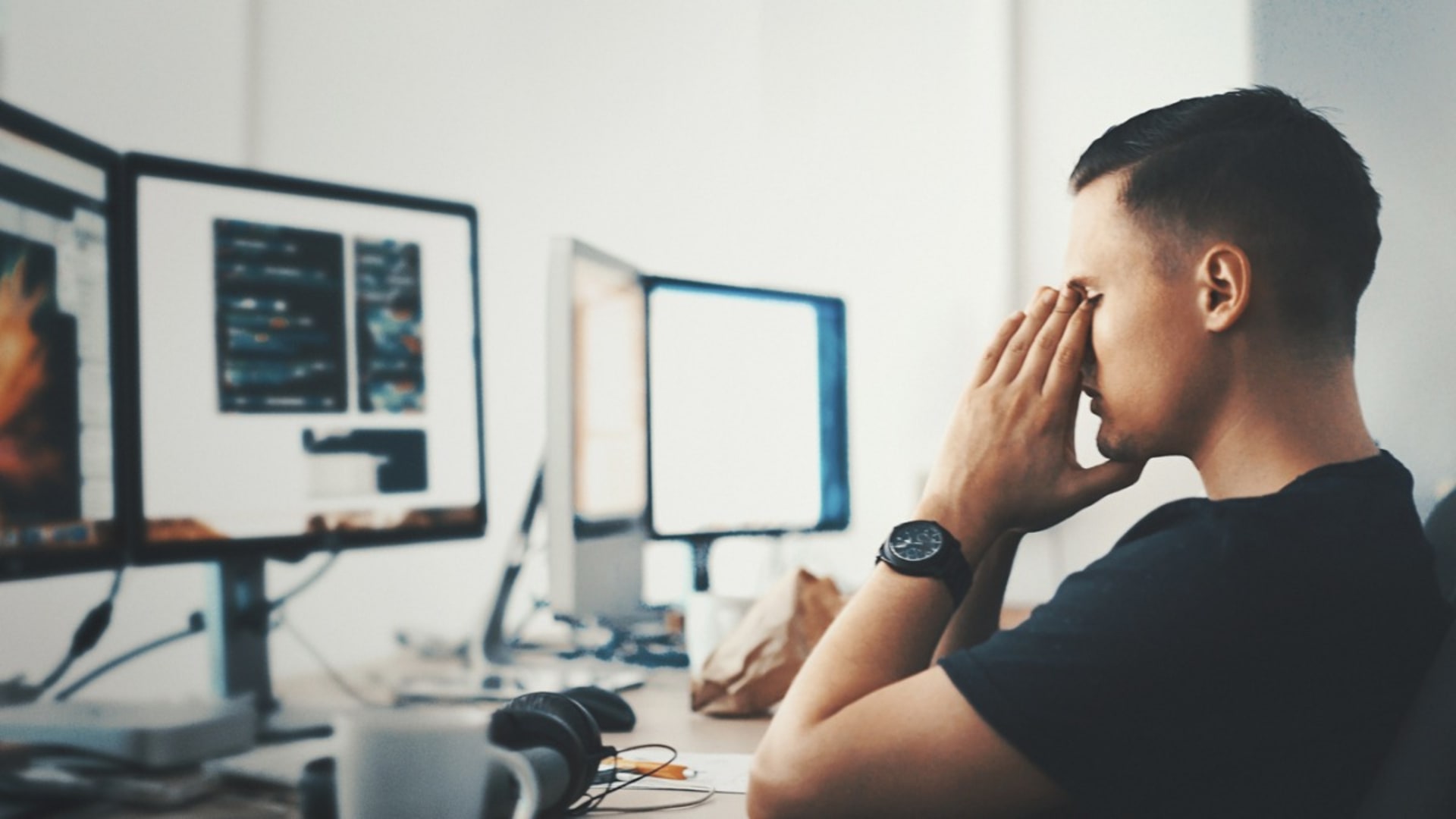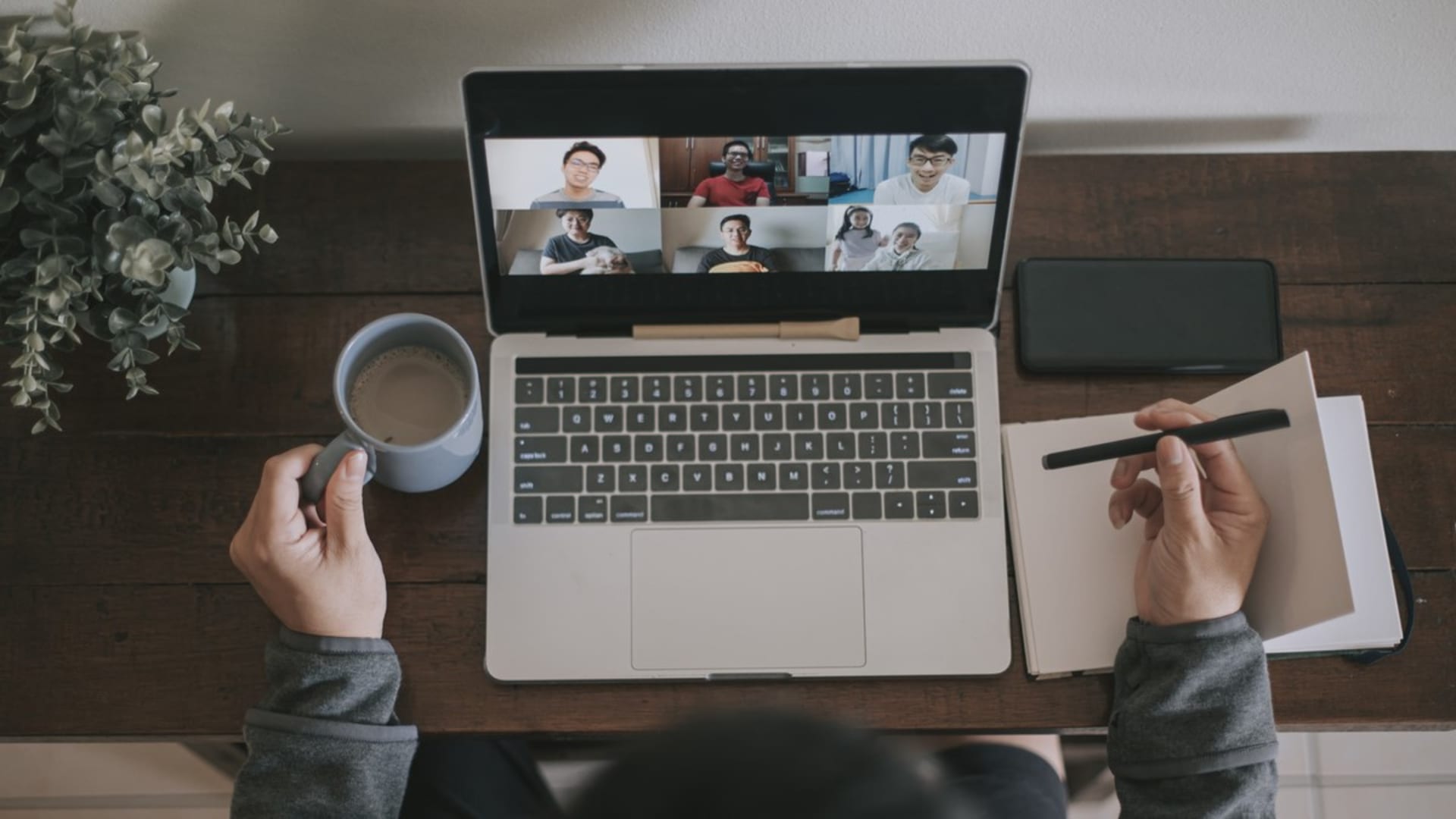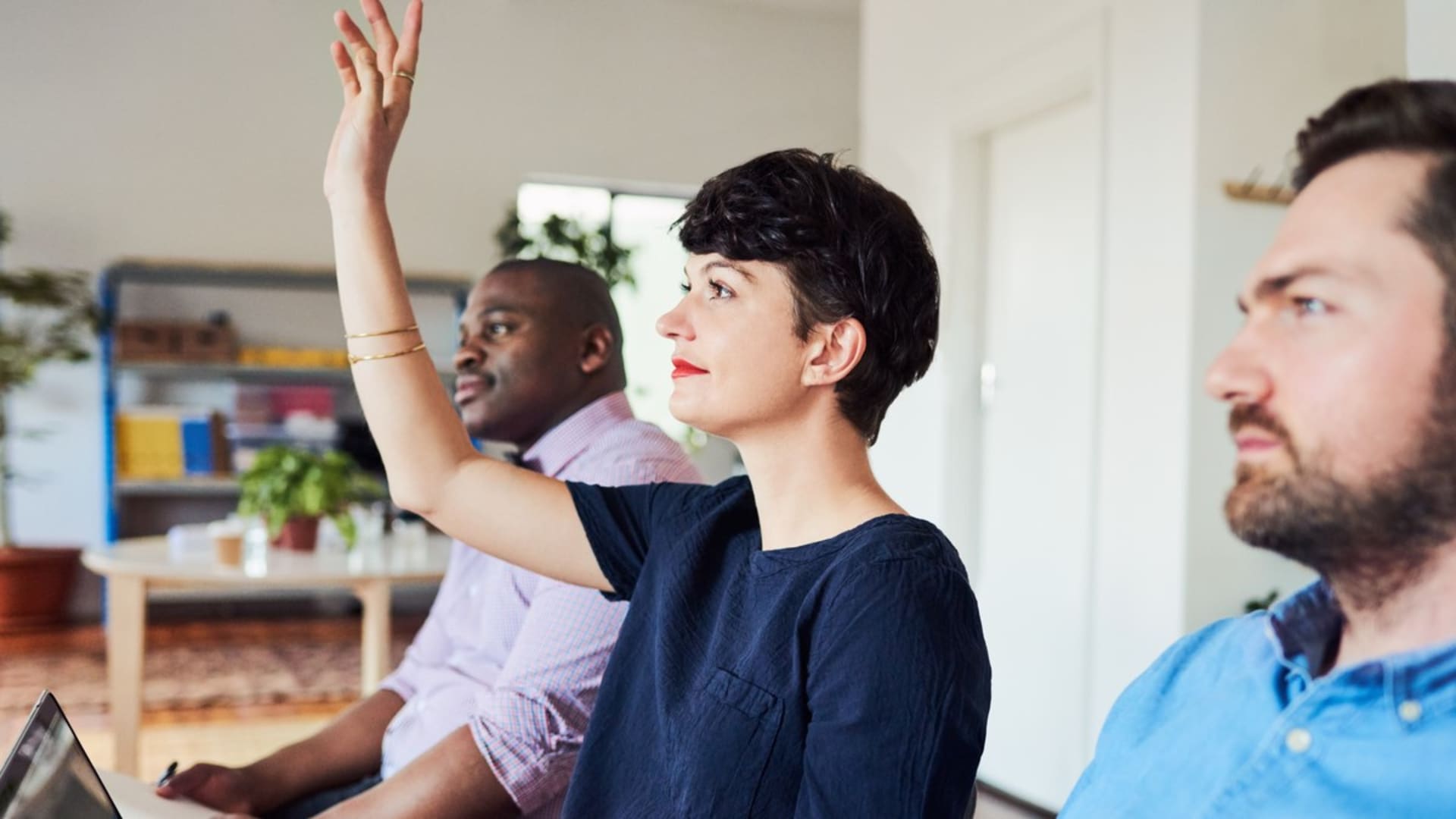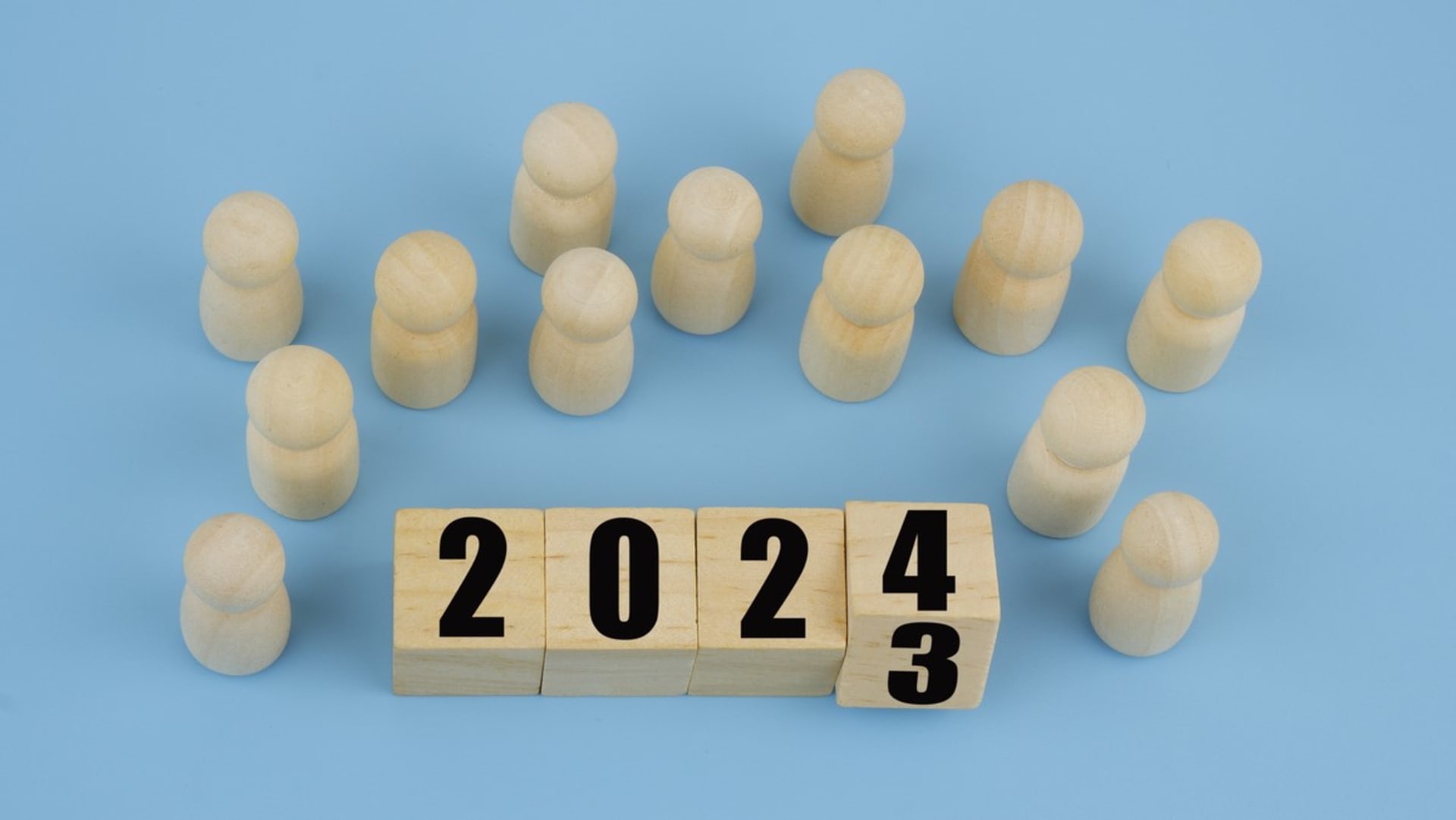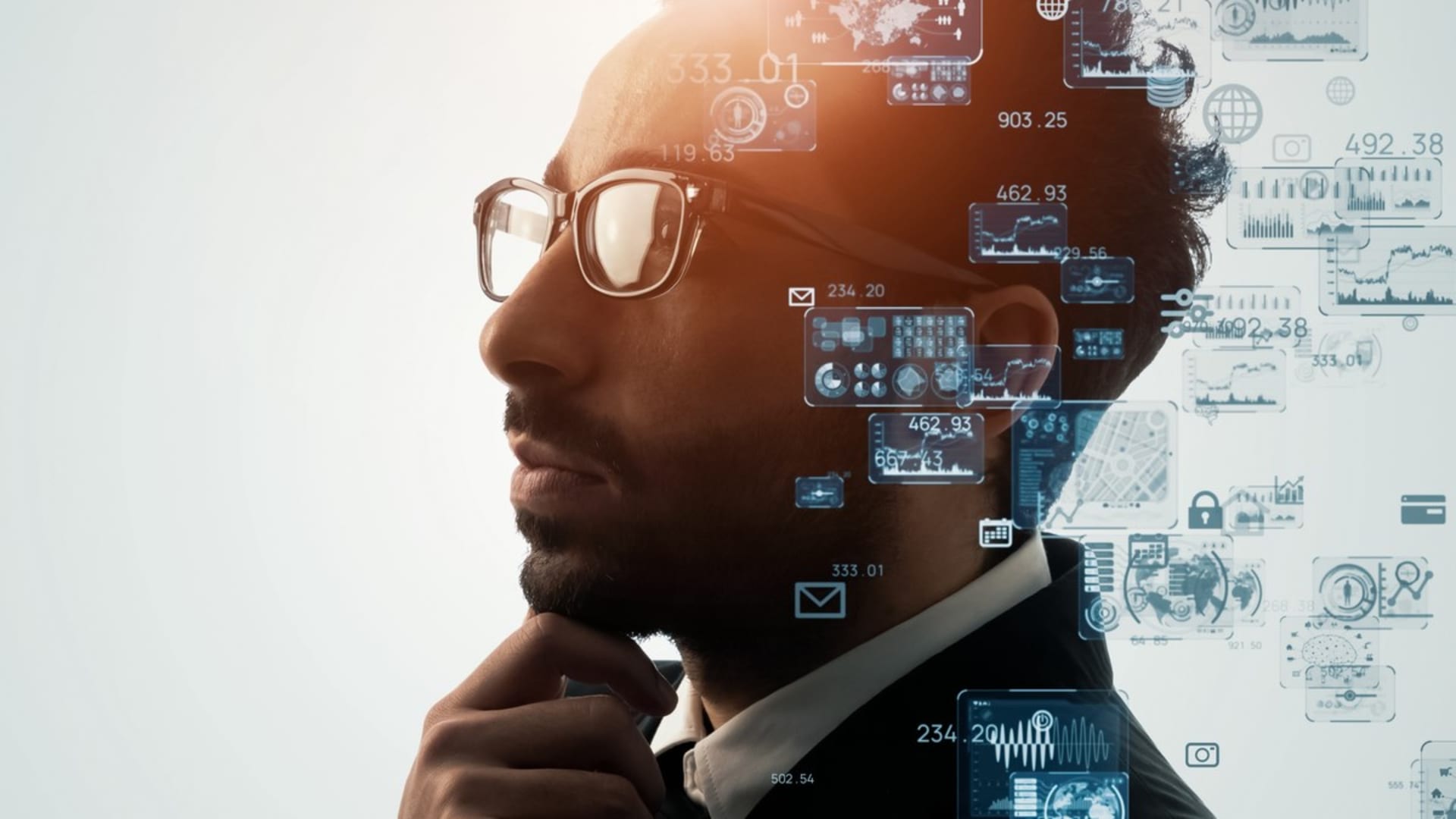By Jorge Quizamanchuro, Software Engineer at BairesDev
Are you one of those people with the ability to perform different tasks simultaneously? It is increasingly common to find yourself in a situation where are working on your computer and at the same time paying attention to other tasks, such as notifications from your cell phone, your email, listening to music, and, if you work from home, you may have to attend to the kitchen, the children, or any other last-minute emergency.
It is common to find “multitaskers,” but what does science tell us about it? And most importantly, are we really more efficient when we are multitasking?
Let’s start with defining what multitasking is. This is a concept that comes from computers, in which the most powerful processors are those that can execute multiple tasks at the same time. Now, if our brain acts like a supercomputer, then we too have the ability to multitask, right? Well, that’s not necessarily the case.
Many researchers, like neuropsychologist Cynthia Kubu, have discussed the impossibility of performing two tasks simultaneously in the human brain. She describes that what really happens is that our brain can perform one task at a time in a tiny fraction of time, which gives the impression that two tasks are being performed simultaneously. In other words, our brain is actually programmed to perform just one task at a time. But what happens when we want to carry out more than one task that requires our attention? Simply put, we have a waste of energy and therefore a poor performance in the tasks that we are carrying out.
The Effects of Multitasking on Performance and Productivity
For instance, driving a car requires the driver’s full attention, although it is an ordinary task. What happens if you simultaneously drive and talk or type messages on your smartphone? Research by the Carnegie Mellon University suggests that we lose up to 37% of our attention on the main task, and for every three seconds you take your eyes off the road, you can lose sight of up to 49 feet of travel. Dangerous, right? It is for this reason that the use of smartphones while driving is strictly prohibited.
Another interesting study consisted of two groups of people watching a soccer game. One group was shown subtitles, and they were instructed to avoid reading them and just focus on the game. The other group did not have subtitles and just focused on the match. Afterward, both groups were asked to solve mathematical problems. The group that did not have subtitles solved the exercises better than those who watched the game with subtitles. The people who watched the game with subtitles had a distraction they had to inhibit to concentrate on the game. This self-control demanded a greater spend of energy in their brain, resulting in low cognitive performance.
Some neuroscientists define self-control capacity as a fixed amount of energy our brain invests in focusing on a certain task. If we spend this limited energy on different distractions that are presented to us every day, we simply end up mentally exhausted and with a decreased ability to solve problems. This is why scientists recommend not solving problems that require complex analysis during the afternoon.
It is increasingly common to find people who have suffered from the now common burnout syndrome, which relates to reaching the threshold of human capacity in the phenomenon of multitasking. As Sophia Kahill, a researcher at York University suggests, burnout produces a long list of symptoms involving the central nervous system, such as hyperacusis, difficulty concentrating, difficulty sleeping, stress, and anxiety, among others.
Regarding software programming, the very nature of our tasks is based on problem-solving, concentration, and focus. Agile methodologies exist to organize our work, keep focus, and avoid unnecessary multitasking. Have you ever worked on a project without a proper development methodology? I have been in that situation, and I had to solve issues related to design, layout, development, implementation, quality tests, database, and even technical support and infrastructure—that is, all kinds of tasks that all seemed urgent. I finished this project exhausted and overwhelmed for obvious reasons.
As developers, we can leverage the Agile paradigm to optimize our work. We can complement it with personal habits that allow us to further enhance our performance and recharge our levels of concentration and self-control. Among those habits, I recommend:
- Avoiding unnecessary email and social media notifications. Screen time studies suggests we can spend 62 hours a year just checking a notification on the main screen of our smartphones. If you get distracted, refocusing on what you were doing can take a couple of seconds, but these added seconds translate into an unnecessary waste of energy that your brain requires to work better.
- Active breaks or task management methods, such as the Pomodoro, allow you to focus on a specific task for a few minutes and rest at the end of each task so that your brain recharges.
- An adequate diet is essential for your brain to dedicate proper energy for sufficient concentration and to help with self-control to avoid unnecessary distractions.
- Exercise is crucial for our brain to be properly oxygenated and, therefore, able to release endorphins and other substances necessary for proper physical and mental well-being.
- Getting enough sleep is another factor that contributes to making the most of our cognitive abilities. The brain needs restful sleep for optimal functioning.
It is possible that our daily duties and tasks make it very difficult to avoid multitasking completely. In the same way, we care for our diet and overall health, it’s equally important to consider that our mental and cognitive health demands responsible choices when defining our daily tasks. Remember that multitasking works better on computers than on humans!

